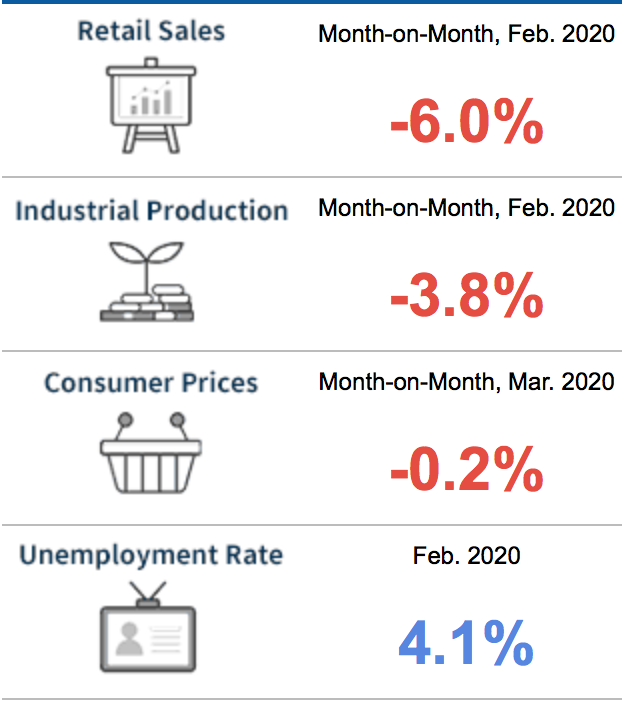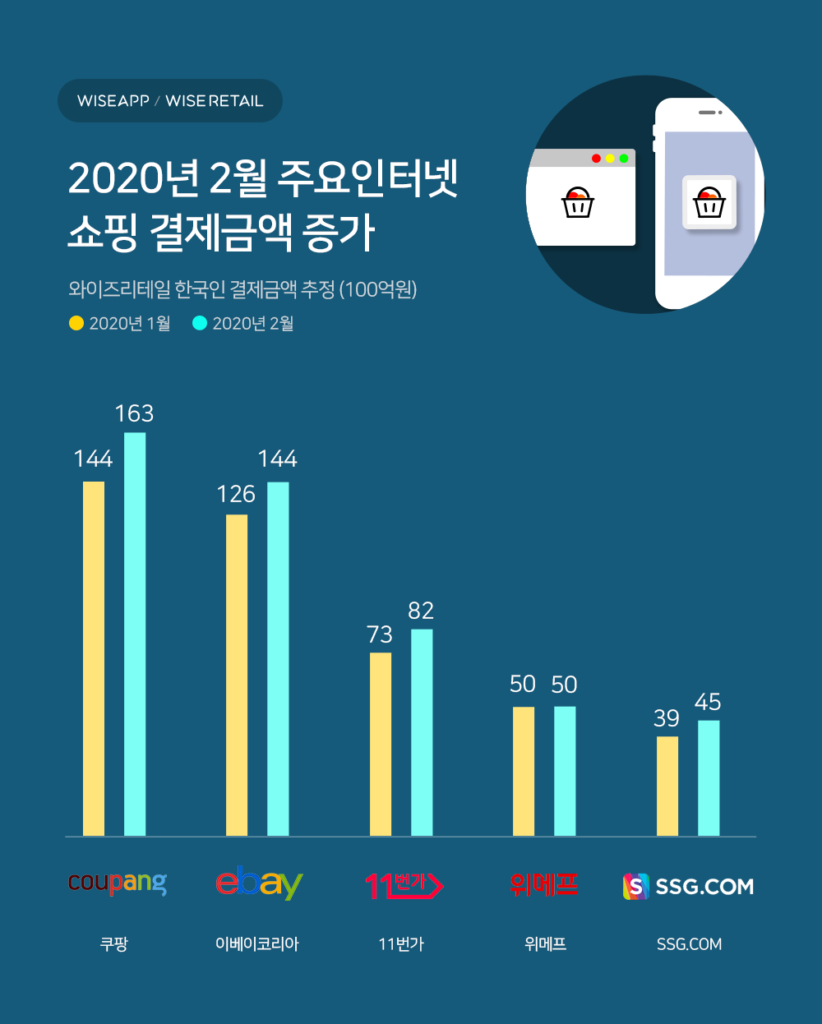The world is a much different place compared to the start of the year – and it seems like some things are going to be changed for good. From mask mandates to architects thinking of a pandemic design solution that will likely become the norm to sanitizing stations popping up, the world will be forever changed by this year’s events.
No doubt that the novel Coronavirus has played havoc in the entire world and has pushed the global economy towards recession. South Korea’s business ecosystem has also taken a massive hit with the business activity index plunging significantly in February and March 2020. However, the country has also been able to tackle the COVID-19 spread most effectively.
In February 2020, South Korea had the second-highest cases outside China. Still, with aggressive testing, tracing and isolating system, it has drastically brought down the number of daily new cases, while everywhere else the virus impact is becoming worse. Just like its health system is getting stable, the corporates and startups in the country are also slowly getting back to business. The South Korean government is providing support with financial incentives, especially the small and medium enterprises affected by the virus outbreak.
Things that affected business trends in Feb-March 2020
1) The Business Index Plummets: With the country facing a dire crisis because of COVID-19, the business activity slowed down dramatically, and the business index plummeted. Even before the virus had entered Korea, many industries had to stop production because of the connection of spare-parts coming from China eg, the automobile industry, Hyundai Motors. The industrial output growth slowed as consumption also decreased.
As per Statistics Korea, the overall industrial production index decreased by 3.5 percent in February 2020 compared to the previous month. The manufacturing index in February decreased by 4.1 percent from the last month but increased by 12 % from the same period of the past year. The Retail Sales Index that represents consumer spending decreased by 6.0 % in February from the previous month and 2.3 % from the same period in 2019.

As per the report in Korea Development Institute (KDI), the consumer sentiment index (CSI) dropped 7.3 points in February to 96.9. The business sentiment index (BSI) for the manufacturing sector plummeted, falling 11 points to 65, and the BSI outlook for March went down 8 points to 69. In the service sector, the tourism industry took the biggest hit with hotels, restaurants seeing an 18.1% decrease in revenue.
2) E-COMMERCE Business Increases – While the retail industry faced a slow down because of the closing of shopping centers, cafes, and public spaces, those in the E-commerce business saw an increase in demand. Especially food delivery and consumer goods, e-commerce companies saw a rise in sales. Online shopping in South Korea jumped 25% to 11.96 trillion won or $9.8 billion in February compared to 2019, accounting for 28% of all retail sales, as per a report b the government’s statistics office. Mobile apps saw an increase in downloads as people used more and more apps for shopping. E-commerce Unicorn startups lie Coupang, Woowa Brothers, etc. saw a rise in sales during February.

3) Employment index increases spread to different sectors – The employment index in the country saw a rise when compared to the 2019 same period. Interestingly, the employment increase was in traditional sectors like agriculture, health, transportation, etc. Around 492,000 jobs were added in February with most in the service sector. The unemployment rate fell 0.6 % from a year ago to 4.1%.
The economic stimulus from the Korean government
As the Korea Centers for Disease Control and Prevention (KCDC) is working to stabilize the health system in the country, the Korean government announced several fiscal stimulus packages for supporting the business sector.
Like the global economy, the South Korean economy is also headed to a recession with the uncertainties growing. However, the country is trying to regain lost ground with economic stimulus.
President Moon Jae-in, who once again won the mandate in South Korean polls on April 15, 2020, had announced an additional 56 trillion won or US$46 billion economic stimulus package in April first week. This was the country’s fourth economy stimulus package since the outbreak of COVID-19.
The government also announced 2.2 trillion won or US$1.8 billion low-rate loans and loan guarantee package for startups and venture companies.





